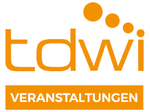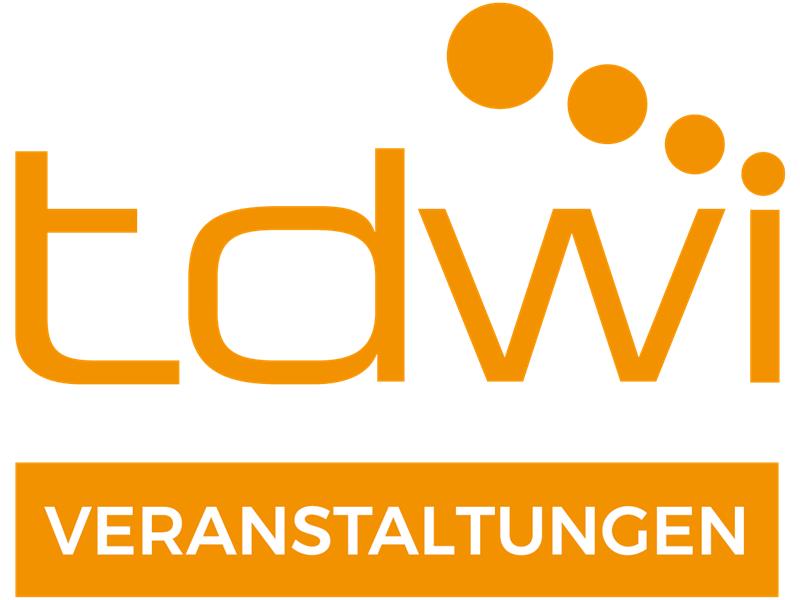
CONFERENCE PROGRAM OF 2023

The times given in the conference program of TDWI München digital correspond to Central European Time (CET).
By clicking on "EVENT MERKEN" within the lecture descriptions you can arrange your own schedule. You can view your schedule at any time using the icon in the upper right corner.
Track: #Data Mesh
- Mittwoch
21.06.
In verteilten Data Mesh-Architekturen spielt die Sammlung, Anreicherung und Verteilung von Metadaten eine zentrale Rolle, um das flüssige und sichere Arbeiten an und mit Datenprodukten quer durch die Organisation und darüber hinaus zu ermöglichen. Der Vortrag gibt Einblicke in Zalandos Metadata Mesh und wie mithilfe von Metadaten über Cloud-Provider und Technologien hinweg effizient mit Daten gearbeitet werden kann.
Zielpublikum: Data Engineers, Principals, Architekt:innen, Leiter:innen,…
The definition of a well-designed, stable & scalable data architecture has changed due to the increasing complexity & volume of a modern system landscape. To keep up with the latest technology, this session will provide an overview of the components of a modern data architecture. By outlining the benefits of a well-designed & structured data architecture, this session will provide clear guidelines for the current data management challenges in the area of technology, processes & organization.
Tar…
Data mesh is an outstanding approach to build and manage modern data management solutions, but it is hard to implement practically without using implementation patterns. Certainly, data mesh is fundamentally an organizational approach, but experience has shown that democratization also results in losses in the technical governance of such solutions. In this talk, we will show how implementation patterns can be used to keep the data mesh under control without limiting the flexibility of the…
At SWICA we started our movement towards data mesh 2021. At TDWI 2022 we presented our latest platform which basically consists of resources and patterns to hold and manage decentralized compute and storage services for our data. For this year’s session we are prepared to show working platform services like discovery, publishing and compliance. Our user interfaces and recap best practices during the implementation phasis.
Target Audience: Platform Engineers, Data Engineers, Data Analysts,…
Data Mesh erobert die Datenwelt im Sturm, obwohl das wegweisende Architekturkonzept in der Reinform für die meisten IT-Abteilungen noch nicht praktikabel ist. In verschiedenen Ausbaustufen der Dezentralisierung kann der Ansatz aber auch heute schon zu einer deutlich effizienteren Datennutzung in Unternehmen beitragen.
Jens Kröhnert stellt Ihnen anhand von Praxisbeispielen die wichtigsten Entscheidungskriterien für unterschiedliche Data Mesh-Ausprägungen vor. Ausgangspunkt bilden dabei Full-,…
For large organizations, the challenges of enterprise-level data management are manifold. Leftovers of various integration / decentralization exercises and sourcing initiatives, system components of all kinds (DHWs, ODSs, data lakes and mixed forms), a complex mesh of central and decentral governance and ownership. Data Mesh and Data Platform promise to solve problems of complexity, heterogeneity, and efficiency. Supported by the Data Management & Analytics Community (DMAC), we studied status…
